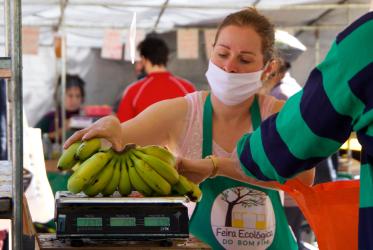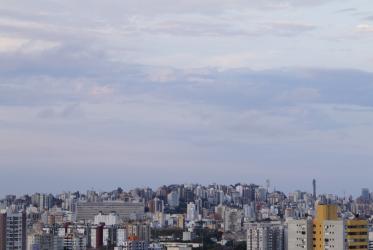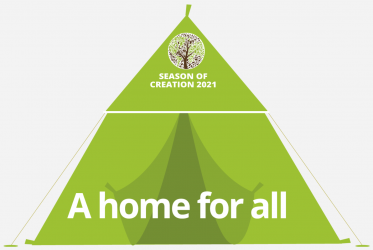Displaying 21 - 40 of 68
Specialized Ministries Pre-Assembly
09 - 10 March 2022
Webinar: “Climate Justice, Food, and Faith”
09 November 2021
How racism and colonialism are exacerbating impacts of climate change
29 September 2021
Season of Creation 2021
01 September - 04 October 2021










